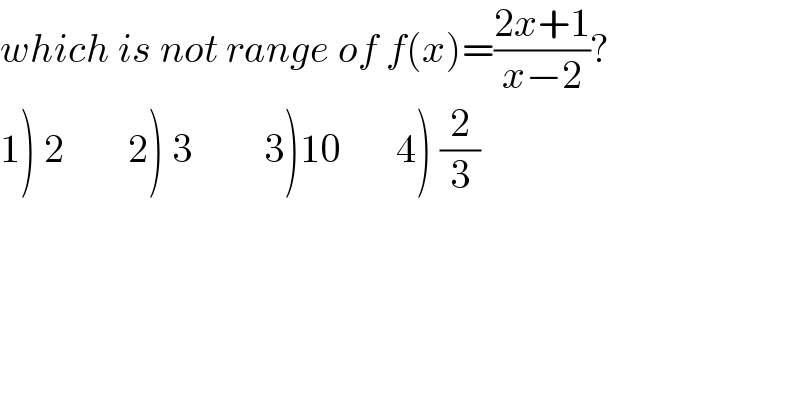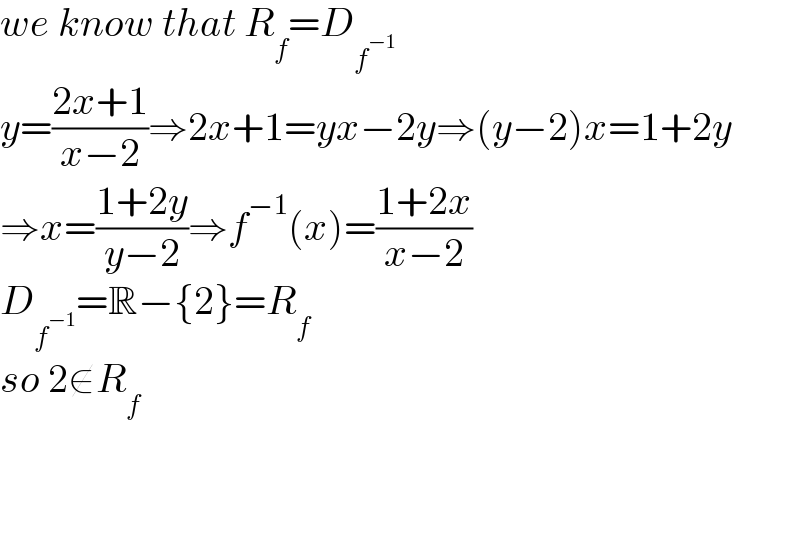
Question and Answers Forum
Question Number 180827 by sciencestudent last updated on 17/Nov/22

Commented by kaivan.ahmadi last updated on 17/Nov/22

| ||
Question and Answers Forum | ||
Question Number 180827 by sciencestudent last updated on 17/Nov/22 | ||
 | ||
Commented by kaivan.ahmadi last updated on 17/Nov/22 | ||
 | ||